The UNESCO Regional Office for Southern Africa is set to host a satellite event in Zimbabwe on September 23, 2025, as part of the Artificial Intelligence for Information Accessibility (AI4IA) Conference. The hybrid event will run from 09:30 AM to 2:00 PM at the UNESCO Regional office in Harare and online.
The AI4IA Conference is a global initiative under UNESCO’s Information for All Programme (IFAP), designed to promote inclusive access to information in the digital age. It convenes experts, policymakers, researchers, and civil society worldwide to explore how artificial intelligence can be harnessed to strengthen information accessibility, protect integrity, and bridge digital divides.
Satellite events play a crucial role in AI4IA, offering platforms for region-specific panel discussions, workshops, and forums in the lead-up to the main conference. They are designed to engage government bodies, academia, civil society, students, and professionals, bringing regional perspectives to the global AI4IA dialogue. Last year, events took place across India, Jamaica, Botswana, Canada, China, Latin America, and Europe, each with its own unique themes and participation.
By Ruvarashe Gora
The event will feature academics and researchers including Dr. Nancy Kwangwa of the Women’s University in Africa, Dr. Tendai Masunda Zengeni from Africa University, and Dr. Webster Gumindoga, a hydrologist and AI researcher at the University of Zimbabwe. Representing the youth will be Al-Arik Al-Amin Yusuph, captain of the Coding and Robotics Club at The Heritage School. The discussion will be moderated by TechnoMag Editor in Chief and Zimbabwe Online Content Creators (ZOCC) Chairperson Toneo Toneo.
Key topics under discussion will include “Navigating AI: Access to Information”, “Protecting Information Integrity and Expanding Inclusive Access”, “AI and the Youth: Shaping the Next Generation”, and “AI-Driven Satellite Hydrology for Equitable and Sustainable Water Access in Climate-Stressed Regions.”
The Zimbabwe Satellite Event provide a platform to explore region-specific AI solutions, share knowledge, and engage diverse stakeholders in discussions on information accessibility. Its importance lies in contributing Zimbabwe’s perspectives to the global AI4IA dialogue, addressing key issues such as youth involvement, equitable access to information, and AI-driven solutions for climate and water challenges.


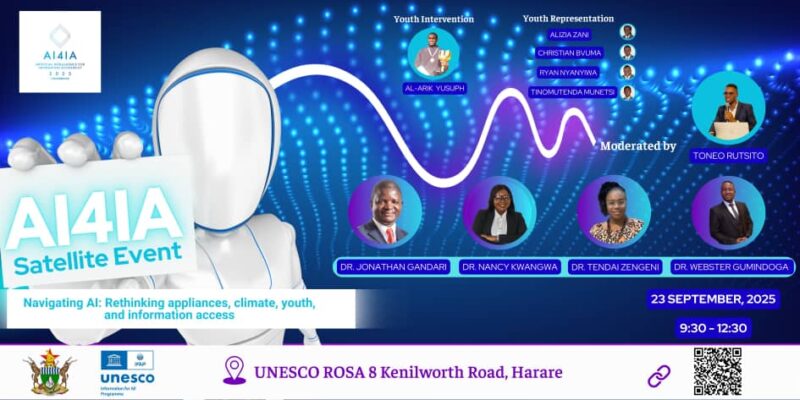
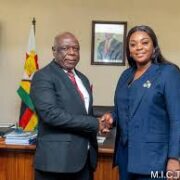
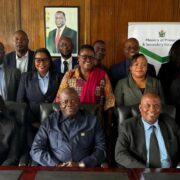
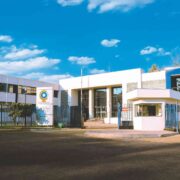
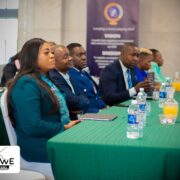


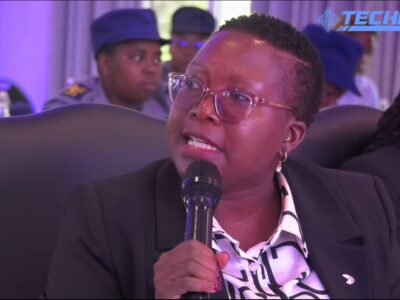




Comments